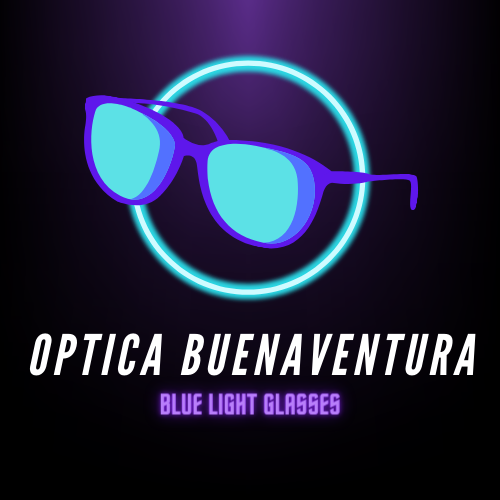The Benefits of Using Blue Light Filters on Devices
In today’s digital age, we rely heavily on electronic devices such as smartphones, tablets, and laptops, often spending hours staring at their screens. However, these devices emit a type of light known as blue light, which can have negative effects on our health and well-being. Luckily, there is a simple solution to reduce these harmful effects—blue light filters.
Blue light is a high-energy visible light that has a short wavelength and a high frequency. While natural blue light is essential for regulating our sleep-wake cycle, exposure to excessive artificial blue light can disrupt our circadian rhythm and lead to sleep disturbances. Studies have shown that exposure to blue light at night can suppress the production of melatonin, a hormone that regulates sleep, making it harder for us to fall asleep and have a restful night. This is particularly concerning as poor sleep can have negative effects on our overall health, leading to increased risks of obesity, diabetes, and cardiovascular diseases.
Using blue light filters on devices can help mitigate these negative effects. By filtering out a portion of the blue light, these filters are designed to reduce the amount of blue light reaching our eyes, making it easier for us to fall asleep and stay asleep. Many devices have built-in blue light filters that can be easily turned on or scheduled to activate automatically during evening hours. Additionally, there are various software and applications available that allow users to adjust the level of blue light filtering based on their needs and preferences.
Apart from sleep benefits, blue light filters can also help reduce eye strain and protect our eyes from potential damage caused by prolonged exposure to blue light. Studies have shown that blue light can contribute to digital eye strain, causing symptoms such as dryness, redness, blurred vision, and headaches. By using blue light filters, the intensity of the blue light reaching our eyes is reduced, leading to a more comfortable viewing experience and reducing the strain on our eyes. This can be especially beneficial for those who spend extended periods of time on devices, such as students, professionals, and gamers.
Moreover, excessive blue light exposure has also been linked to other health issues, including macular degeneration. Macular degeneration is a condition that affects the central part of the retina, leading to the loss of vision in the center of the visual field. Studies suggest that long-term exposure to blue light may contribute to the development of this condition. By using blue light filters, we can limit our exposure to blue light, potentially reducing the risk of developing macular degeneration later in life.
Another advantage of using blue light filters is that they can improve our overall sleep quality. While it is important to limit our exposure to blue light before bedtime, it is not always possible to completely avoid using electronic devices. By utilizing blue light filters, we can still enjoy using our devices without the negative impact on our sleep. A good night’s sleep is essential for our cognitive function, mental health, and overall well-being, so it is crucial to make efforts to protect our sleep patterns.
In conclusion, while electronic devices have become an integral part of our lives, their blue light emissions can have detrimental effects on our health. However, using blue light filters on devices can greatly reduce these negative effects. They can help improve our sleep quality, reduce eye strain, and protect our eyes from potential damage. With the numerous options available for blue light filters, it is now easier than ever to take control of our exposure to blue light and prioritize our well-being in our digital world.
